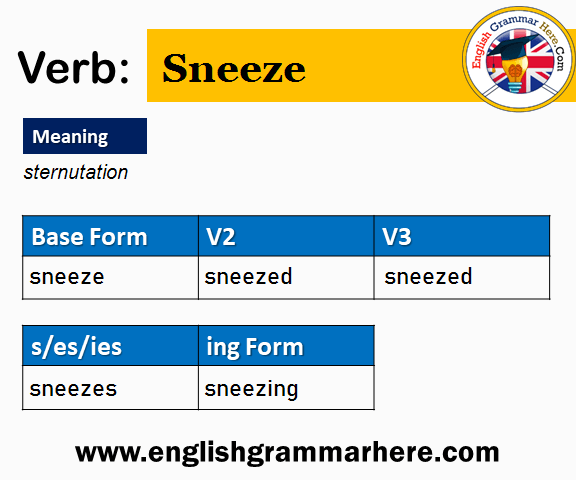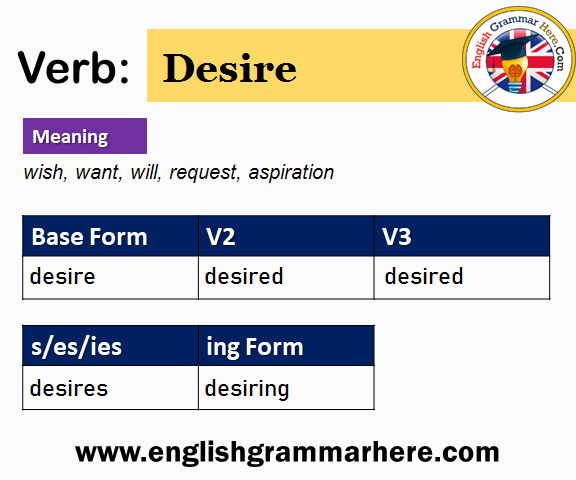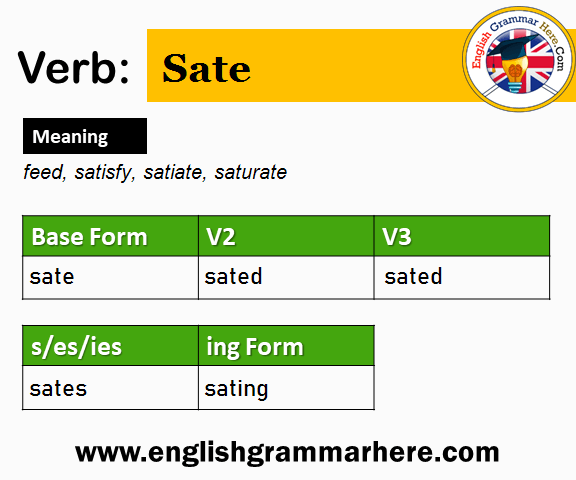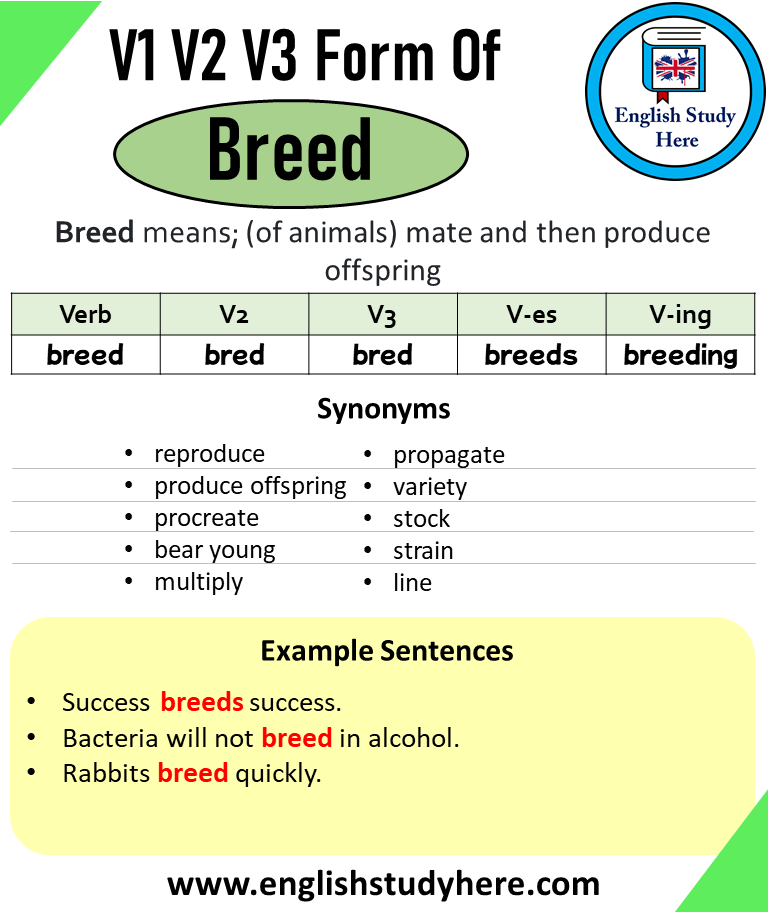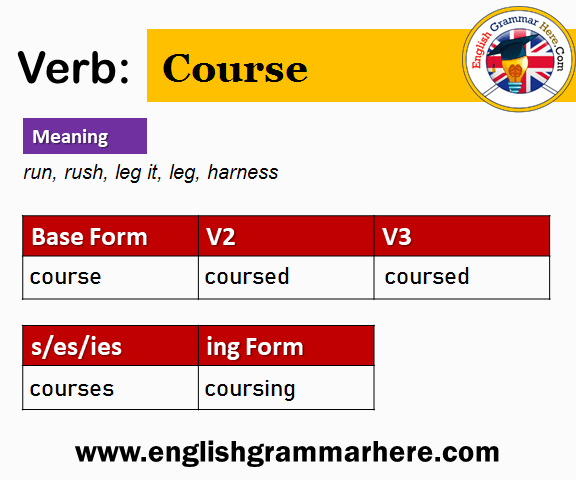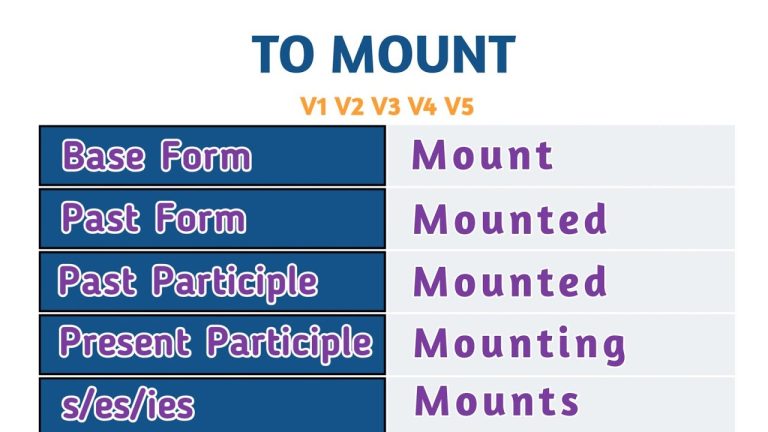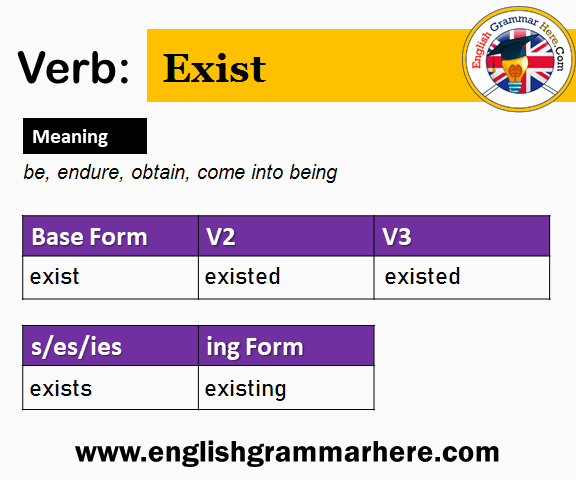Sneeze Past And Past Participle Form V1 V2 V3 V4 V5 Form of Sneeze
Have you ever paused to wonder about the different forms of the word “sneeze”? It might seem like a simple word, but understanding its various forms can enhance your language skills.
Imagine being able to confidently use “sneeze” in any tense or context, impressing your friends and colleagues with your precise language usage. We dive deep into the past and past participle forms of “sneeze,” guiding you through its V1, V2, V3, V4, and V5 forms.
By the end, you’ll not only know how to use “sneeze” correctly but also feel more confident in your overall grasp of English grammar. Stay with us, and let’s explore the fascinating world of verbs together.
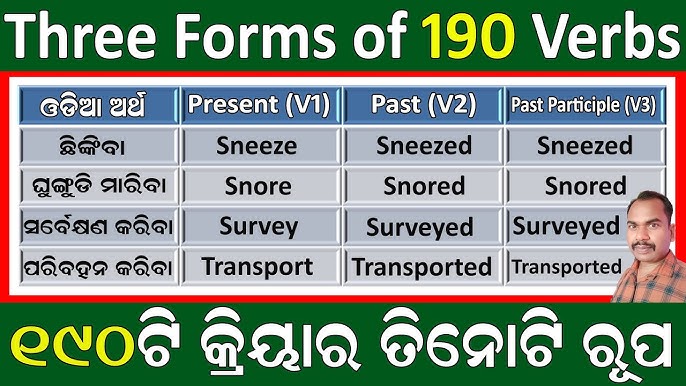
Credit: www.youtube.com
Sneeze Verb Forms
The verb “sneeze” has different forms. Each form is used in different sentences. The base form is “sneeze”. For the past tense, we use “sneezed”. The past participle is also “sneezed”. This form helps in perfect tenses. The present participle is “sneezing”. This form shows ongoing actions. Lastly, the third person singular form is “sneezes”. It is used with he, she, or it.
| Form | Example |
|---|---|
| Base | sneeze |
| Past | sneezed |
| Past Participle | sneezed |
| Present Participle | sneezing |
| Third Person Singular | sneezes |
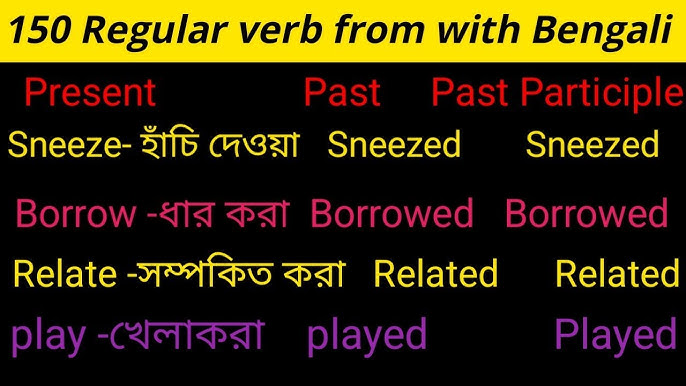
Credit: www.youtube.com
Past And Past Participle Of Sneeze
The word sneezehas different forms. V1 is the base form, “sneeze”. V2 is the past form, “sneezed”. V3 is the past participle, “sneezed”. V4 is the present participle, “sneezing”. V5 is the third person singular, “sneezes”.
John sneezedloudly in the class yesterday. Sarah is sneezingbecause of dust. She often sneezesin the morning.
| Form | Example |
|---|---|
| V1 | sneeze |
| V2 | sneezed |
| V3 | sneezed |
| V4 | sneezing |
| V5 | sneezes |
Usage In Different Tenses
We use sneezed for actions done before now. It shows a sneeze happened in the past. The past participle form is also sneezed. This form helps in making perfect tenses. “I had sneezed before he arrived,” is an example.
With present perfect, use has sneezed or have sneezed. This tells the action is completed. In present continuous, use is sneezing or are sneezing. This shows the action is happening now. “He is sneezing because of dust,” is a good example.
The future tense uses will sneeze. It predicts sneezes happening later. “She will sneeze if she catches a cold,” is a simple sentence. Future continuous uses will be sneezing. This shows action will be in progress. “They will be sneezing at the party,” is an example.
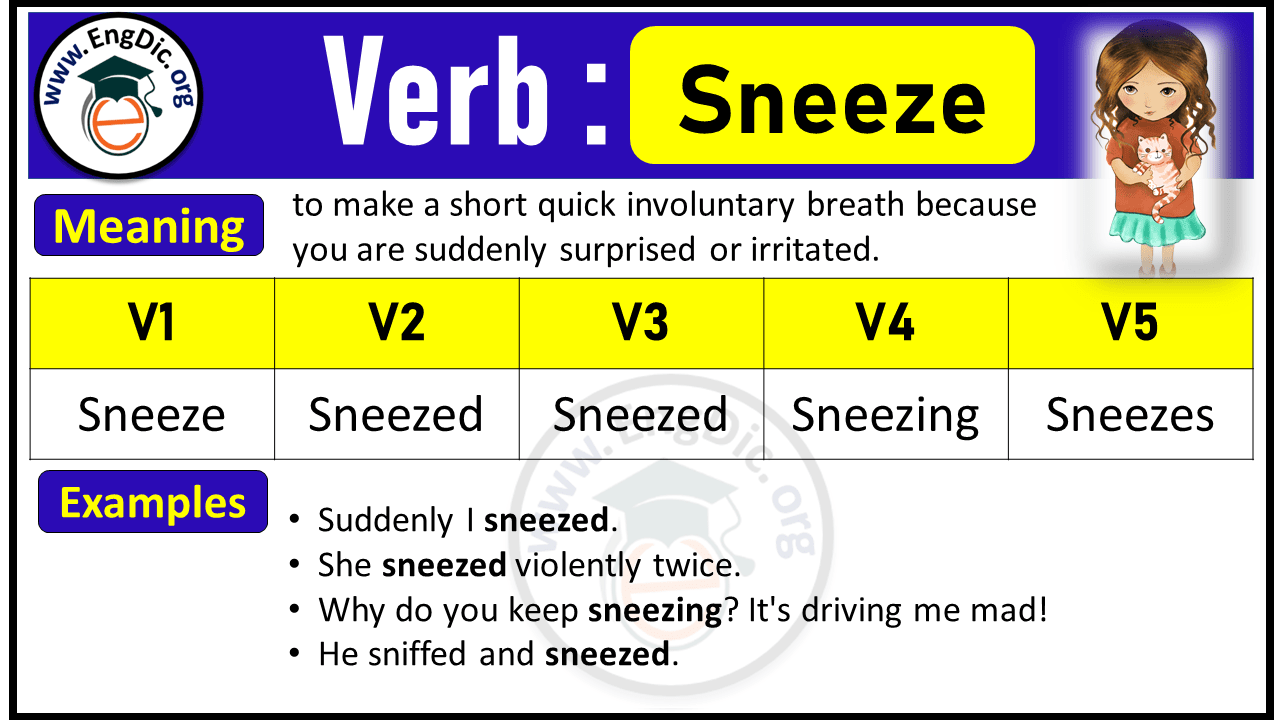
Credit: engdic.org
Conclusion
Mastering the forms of “sneeze” enhances your English skills. Understanding V1 to V5 forms helps in creating accurate sentences. Practice regularly to remember these forms easily. English verbs can be tricky, but practice makes perfect. Engage with simple exercises to improve.
You’ll notice progress with consistent effort. Remember, learning a language takes time. Patience is key. Every small step counts towards fluency. Keep exploring and practicing. Soon, you’ll feel more confident with verbs. Enjoy the journey of learning English!
